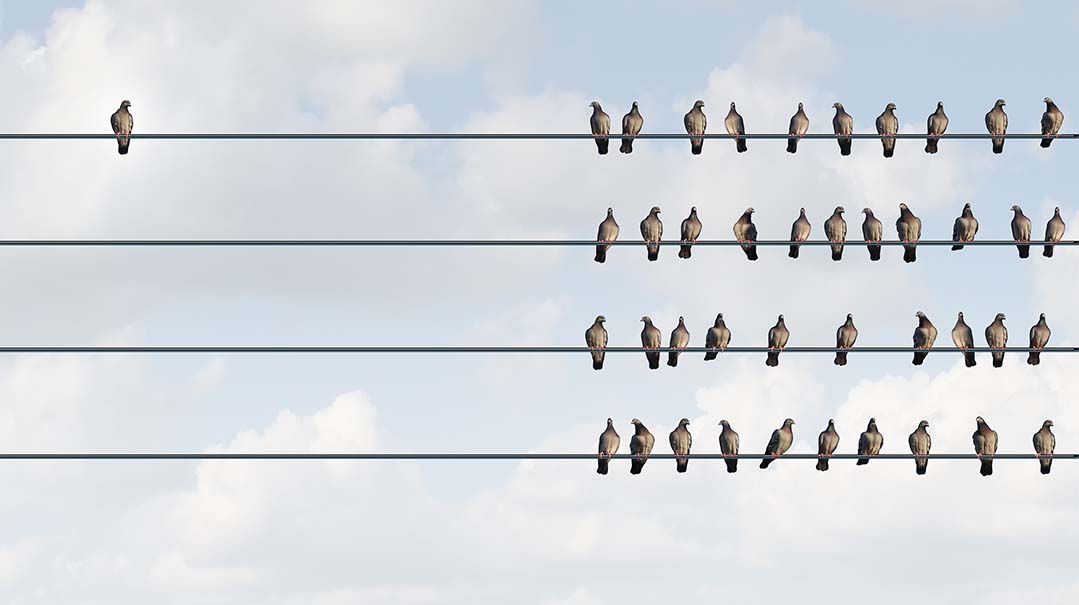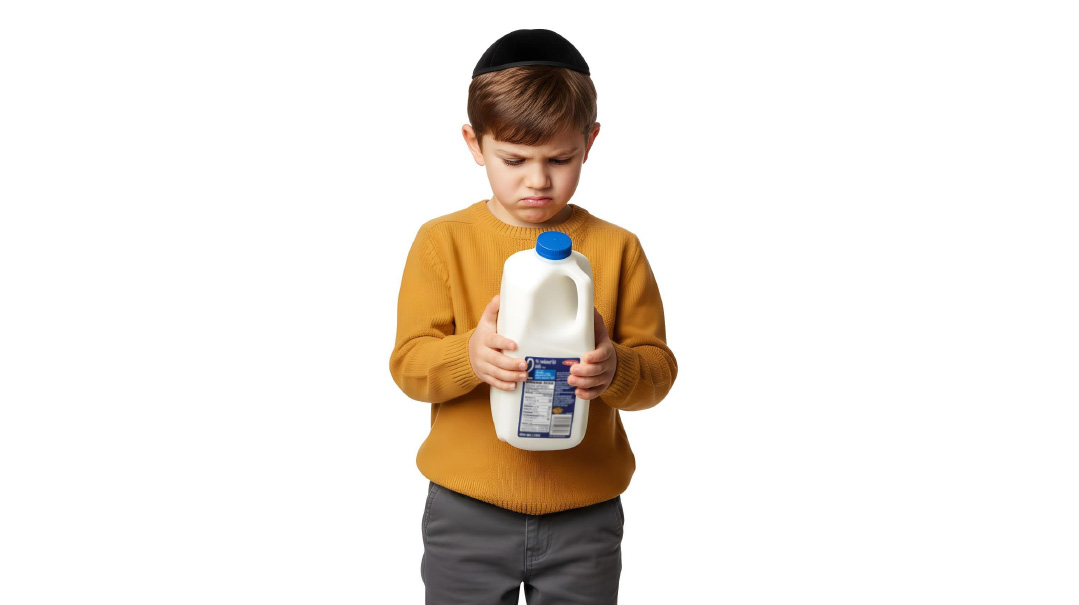Hear My Cry
| March 1, 2022The girl can barely speak, the lump in her throat is so large. And she cries brokenly as she tells him that she’s reached a dead end

One day a girl sees a raffle for a sheitel and decides to enter. Which might sound normal, but really isn’t; she’s as single as they come, with no dates on the cards.
Still, the girl smiles as she types in her credit card information, and giggles as she tells her married friends. Because only she knows what this means for her.
A Week Earlier
This same girl goes to visit her rav. She’s been putting it off for months, years even, scared that if she started talking, she wouldn’t stop.
But now she drives three and a half hours, parks, and tramps through a rainstorm, then rings the bell.
The Rebbetzin ushers her in and the girl sits down. The Rav asks her what she wants to talk about, and she smiles and says, “lots of things.” She starts talking about shidduchim, and he listens with care.
When she stops, he sighs. He shows her an imaginary tower on the table, high, unstable, rocking at the edges. He empathizes, telling her how hard it must be to have something added to the pile that is her life. She bursts into tears.
He has no tissues in his room, and she really doesn’t want to cry endlessly, so she forces herself to keep on talking. They discuss some practical issues, but he senses there’s more. He keeps mentioning her challenging circumstances, with an understanding that means so much. He tells her how overwhelming it all sounds, how difficult it must be, and she keeps on talking, her voice choked-up. She really wants tissues.
The girl can barely speak, the lump in her throat is so large. And she cries brokenly as she tells him that she’s reached a dead end. Her brains and her talent, her efforts, and years of work on herself, none of it can take away this excruciating pain, the agony of being in a position that neither she nor he nor anyone can change. The tears are flowing full force, she can’t stop them.
Oops! We could not locate your form.






